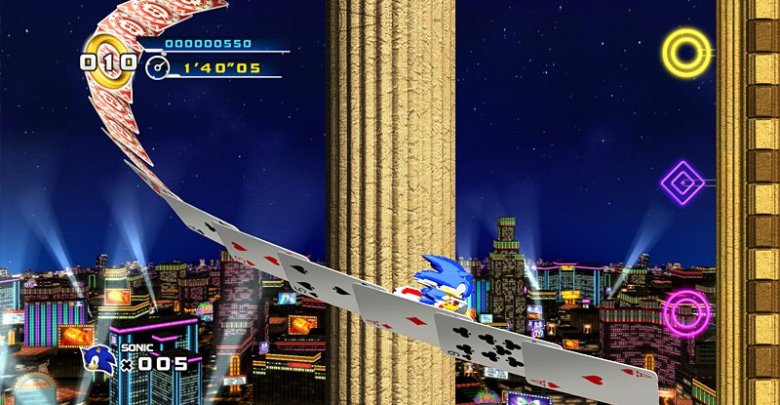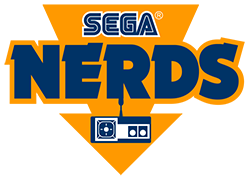
Was SEGA’s foray into real-money gaming ahead of its time?
While some gamers may be surprised to learn that Sega once played host to a real-money online casino, it’s not that much of a stretch when you consider that the gaming giant has a rich history of creating titles associated, one way or another, with iGaming. From the mechanical gambling pachinko machines of Japanese arcades the company produced in the early 1980s, through to Sonic the Hedgehog 2’s Casino Night Zone in 1992 and Sega Casino on the DS in 2005, Sega has long had ties to the gambling industry.
In January 2010, major iGaming developer Playtech confirmed a deal to supply a range of online casino titles to Sega via the latter’s newly created SegaPoker and SegaCasino brands. Launching in March of that year, SegaCasino played host to a range of officially licensed slot games based on seminal and iconic Sega IPs including NiGHTS, House of the Dead and Virtua Fighter – although mascot Sonic was conspicuous through his absence.
In addition to its licensed virtual slot games, SegaCasino also featured popular casino table games including blackjack, poker and baccarat. It also included a number of variations of roulette, including Playtech’s European Roulette, which still lives on to this day as part of casino operator bgo’s roulette online options. These also include American Roulette, 3D Roulette and Roulette Deluxe. With Sega touting the venture as an “innovative, new online gaming experience”, all of the initial signs looked positive. However, after only six months of operations, SegaCasino announced that it was to completely shutter in September 2010, with existing players having all funds returned to them.
However, had the timing of its launch been more meticulously planned, It could well have been a different story for SegaCasino. At the time the site opened in early 2010, the iGaming market was worth an estimated $24.73 billion worldwide. This year, the value of the industry is expected to reach $50.65 billion – more than double its 2009/10 revenues. This meteoric rise can be attributed in a large part to the rise of smartphones and high-speed internet connectivity in recent years, with 164 million people set to use a mobile device to access an online casino by 2018.
Had SegaCasino launched more recently, it could well have reached a much greater audience than it ultimately managed to back in 2010. And while Sega and Playtech’s ambitious venture proved to be a forgettable failure, SegaCasino actually led the way for iGaming in a number of areas. Variety of games available is still important in the industry as many current iGaming operators, including Karamba.com and LeoVegas, base lots of their marketing on the number of different slots they offer – more than 500 in the case of the latter. Perhaps most significantly though, Sega’s iGaming site was pioneering through its inclusion of “live” variations of games such as roulette, which allowed users to interact with human dealers and other players in real time.
Live casino has been an area that iGaming developers have increasingly turned their attention to over the past few years, with live streaming technology allowing operators to host and broadcast real-time games, complete with human dealers and physical roulette wheels and casino tables. Perhaps the most notable example is Evolution Gaming’s Immersive Roulette Live, which is hosted by a number of operators including Nordicbet, and features a multi-camera, HD quality setup. This area has been seen as crucial to the growth of online casinos, as it allows players to closely emulate the thrills and spills of actually stepping foot in a real-life venue.
It wasn’t only live casino that SegaCasino proved to be an innovator of, however. Thematic, skill-based slots, such as the aforementioned House of the Dead and Virtua Fighter games have given way to other officially licensed pop culture iGaming titles in recent years, including the likes of Microgaming’s Game of Thrones and bgo and IGT’s Family Guy online slots, which combine intuitive gameplay with some of the iconography associated with their relevant television properties.
Ultimately, while SegaCasino proved to be a commercial failure, it was undoubtedly well ahead of its time, with its offerings paving the way for a handful of important iGaming developments in recent years.


